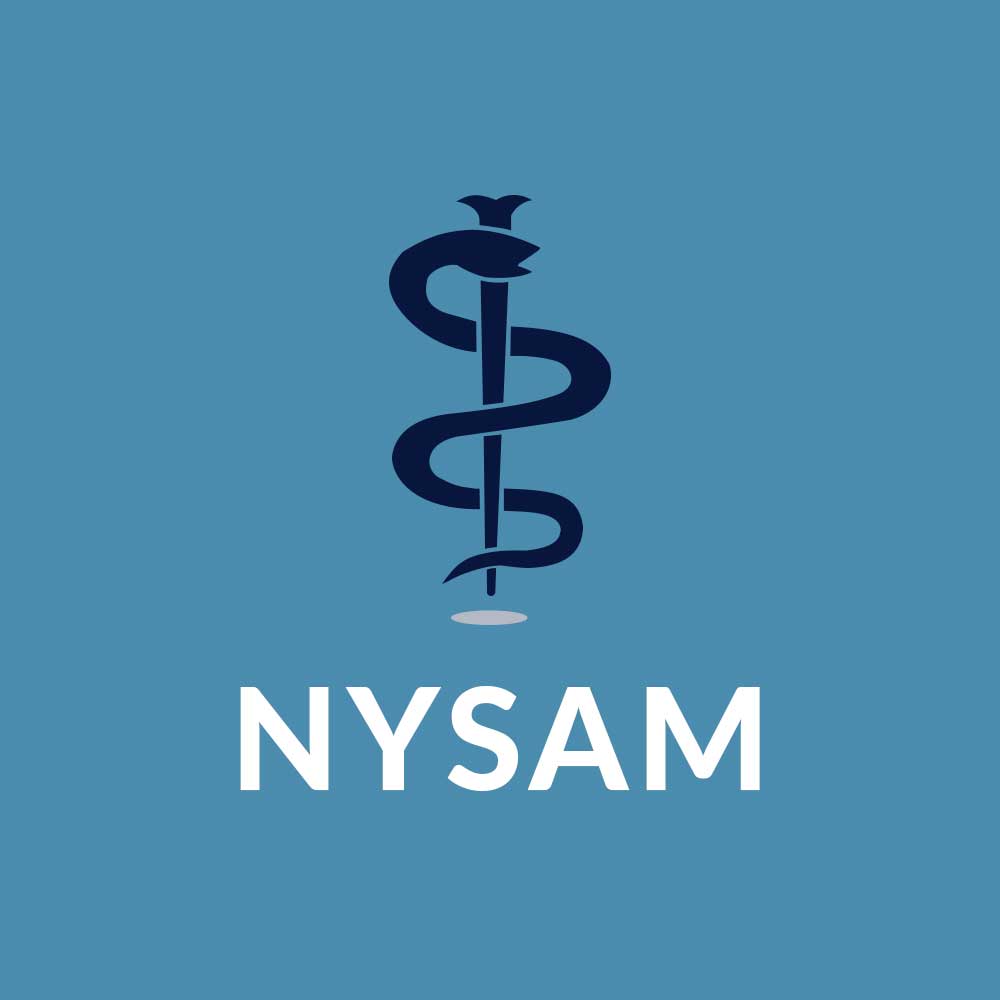July 24, 2019
The Honorable Andrew M. Cuomo Governor of New York State
NYS State Capitol Building Albany, NY 12224
Re: Support for A2904/S4808 and A7246B/S5935
Dear Governor Cuomo,
On behalf of the New York Society of Addiction Medicine (NYSAM), the medical specialty society representing physicians and clinicians in New York specializing in the treatment of addiction, we would like to take this opportunity to provide our support for and urge your signature of A2904/S4808 and A7246B/S5935, which would eliminate prior authorization barriers to lifesaving medication assisted treatment (MAT). Given the significant impact of the opioid addiction and overdose epidemic on New York, we applaud this legislation for expanding access to addiction treatment services for persons suffering from opioid use disorder.
NYSAM is dedicated to increasing access to and improving the quality of addiction treatment for patients in New York. To that end, we are committed to advocating for a state addiction treatment system that provides and expands access to all Food and Drug Administration- approved medications to treat opioid use disorder (OUD). As addiction medicine specialists, we are wholeheartedly committed to evidence-based, compassionate care that improves the health and well-being of all patients with addiction. We applaud this legislation, as it removes prior authorization barriers to MAT to ensure that patients have immediate access to lifesaving treatment. A2904/S4808 and A7246B/S5935 would effectively decrease the barriers to care that prior authorization can cause for patients presenting themselves for addiction treatment.
Removal of prior authorization is key to ensuring that patients have timely access to treatment of OUD. When a patient presents themselves for treatment, it is vital that the provider stabilize the patient as quickly as possible through the use of MAT. Research demonstrates that patients receiving MAT are 75% less likely to experience addiction-related mortality, but when prior authorization requirements delay prescription access, physicians cannot offer MAT as quickly as necessary to effectively treat their patients.i Indeed, in a recent survey of physicians, 92% reported that prior authorization leads to delays in patient care. Such delays can have dire consequences – in the same survey, 75% of physicians reported that prior authorization delays can lead to treatment abandonment.ii In the context of OUD, a delay leading to treatment abandonment can result in relapse, overdose, and a myriad of other outcomes that can harm patient treatment outcomes.
In addition to the patient harm caused by treatment delays, non-evidence-based barriers to care also prevent states from realizing the broader public health and economic benefits of evidence- based OUD treatment. Research consistently demonstrates that investment in the treatment of OUD and other substance use disorders saves lives and reduces associated social and healthcare
costs.iii Every dollar invested in addiction treatment can lead to up to $12 in savings in criminal justice and healthcare costs.iv These savings can only be realized, however, if patients have timely access to evidence based treatment. By working to reduce delays in access to treatment, A2904/S4808 and A7246B/S5935 take a significant, fiscally prudent approach to addressing the opioid epidemic.
Due to the harmful consequences of non-evidenced-based utilization controls and consistent with sound medical care, decisions about the type, modality, and duration of treatment should remain in the purview of doctors and their patients. Additionally, arbitrary limitations on the duration of treatment, medication dosage, type of medication, or on levels of care that are not supported by medical evidence, are not appropriate and can be specifically detrimental to the wellbeing of the patient and their community. Given how dangerous these non-evidence-based limitations are, they should not be enforced by law, regulation, or health insurance practices.
NYSAM shares the state of New York’s goal of providing access to high-quality, evidence-based, and comprehensive addiction treatment services to our most vulnerable patients. We offer our support and urge you to sign these bills. Please do not hesitate to contact me, Michael Delman – NYSAM President, at nicedreams@verizon.net if NYSAM can be of any assistance to you. Thank you for your consideration of this important matter.
Sincerely,
Michael Delman, MD, FACP, FACG, DFASAM
President – New York Society of Addiction Medicine (NYSAM)
CC:
Axel Bernabe – Assistant Counsel to New York State Governor Andrew Cuomo Megan Baldwin – Assistant Secretary for Health
i Legal Action Center. (2015). Confronting an Epidemic: The Case for Eliminating Barriers to Medication
Assisted Treatment of Heroin and Opioid Addiction. Washington, D.C: Legal Action Center. Source..
ii The American Medical Association. Survey of 1,000 Physicians to investigate attitudes towards prior authorization. United States, 2017. Source.
iii Surgeon General (2018) Vision for the Future. Source. (“Implementation of evidence-based interventions (EBIs) can have a benefit of more than $58 for every dollar spent; and studies show that every dollar spent on substance use disorder treatment saves $4 in health care costs and $7 in criminal justice costs”). National Institute on Drug Abuse (2016). Cost Effectiveness of Drug Treatment. Source; U.S. Department of Health and Human Services Substance Abuse and Mental Health Services Administration (2008) Substance Abuse Prevention Dollars and Cents: A Cost- Benefit Analysis. Source.
iv National Institute on Drug Abuse (2016). Cost Effectiveness of Drug Treatment. Source.

